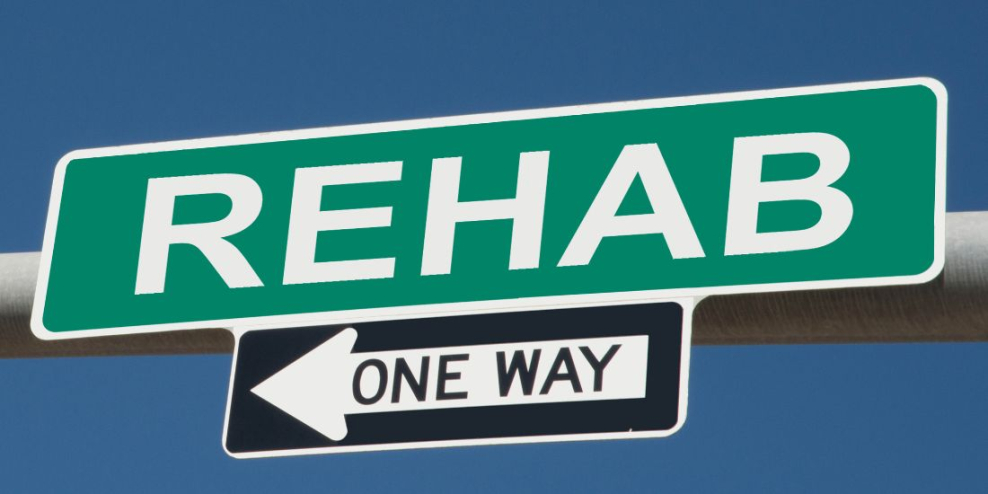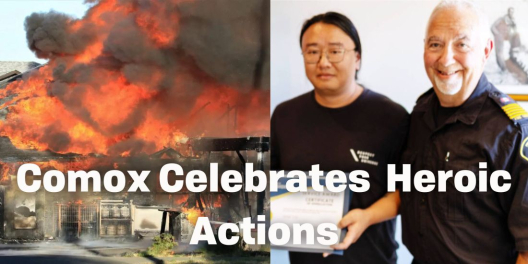BC has decriminalized possessing small amounts of drugs. And in response, Campbell River city council took a backward approach.
Their solution?
Bylaws that continue to penalize public drug use.
But a Campbell River doctor, and others from the city, say that new fines are the opposite of what’s needed to make a lasting impact.
Instead, these leaders say people need more services are needed to support detox and treatment.
One problem is that, right now, the hospital is the city’s primary detox facility. And there is a long wait for specialized detox and treatment centres.
“We have to often tell patients to wait months,” Dr. Erika Kellerhals told the Campbell River Mirror.
“Sometimes we’re having to detox people in hospital, which truthfully is not the most ideal place to have to do it. It’s not always the friendliest for the person, and it’s also very costly to the system.”
Kellerhals says the solution is simple. “It would be great cost saving to the system to… just have multiple places to detox people.”
She says folks need specialized medical support when they are coming off drugs.
“Detox can be very dangerous now,” she said. “It’s not as simple as just going through the withdrawal symptoms. People need medical and nursing support because, particularly with the benzodiazepines that are mixed in with the illicit supply, you can die. You don’t just go cold turkey off of that on your own.”
Doctors are not the only ones critical of the current situation.
Talking to substance users themselves reveals both current gaps and solutions.
One individual in Campbell River, who chose to remain unnamed, told the Times Colonist that decriminalization amounts to little without access to long-term healthcare and treatment options.
“It’s like building a whole bunch of high-rise apartments in an area where you haven’t already built the infrastructure to handle the extra traffic and things like that,” he said.
Last year in Campbell River, 27 people died of an overdose. Over 500 others called for help during one.
“It’s awful when somebody dies, but there are so many people getting damaged by these toxic drugs so that they are forever going to be harmed,” said Kellerhals.
“They’ll be brain injured or paralyzed or have a damaged heart… They’re going to require great levels of care from their family or the system.”
Drug deaths are not just a “street problem,” either.
Over 50 percent of overdoses happen at home, especially among middle-aged working men.
“There’s always the visible crisis that we see downtown, but there’s a very, very invisible crisis that plays out in our homes,” Gwen Donaldson of the Campbell River Community Action Team (CAT) told the Mirror.
“It’s immensely tragic that this has been going on for over seven years now and we still haven’t made a dent in the crisis.”
One thing is for sure; the punishment model is not the way to go.
“It’s just it’s such a complex public health concern and it takes so much more than bylaw and justice,” Donaldson said.
Ask doctors. Substance use and addiction are public health issues. They are not the result of individual moral failings.
The sooner our elected lawmakers realize this, the better.
Folks in Campbell River who would like resources can visit the city’s Community Action Team website: www.communityactioncr.ca/services.









